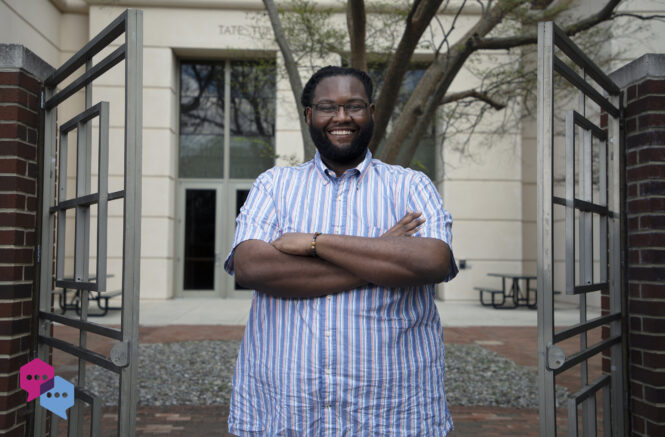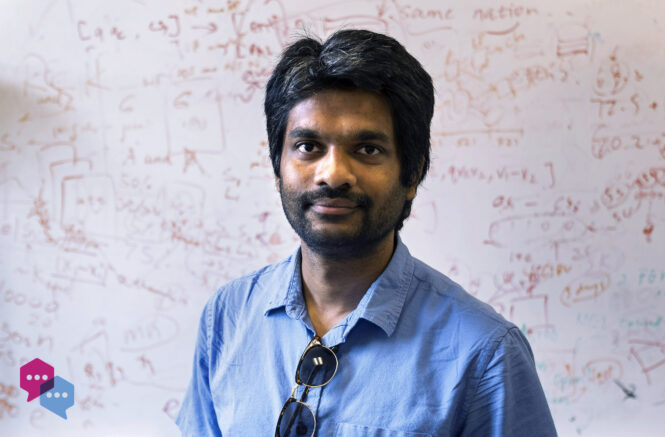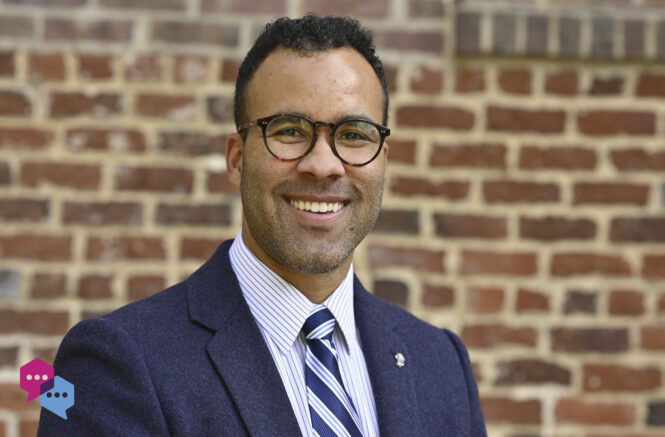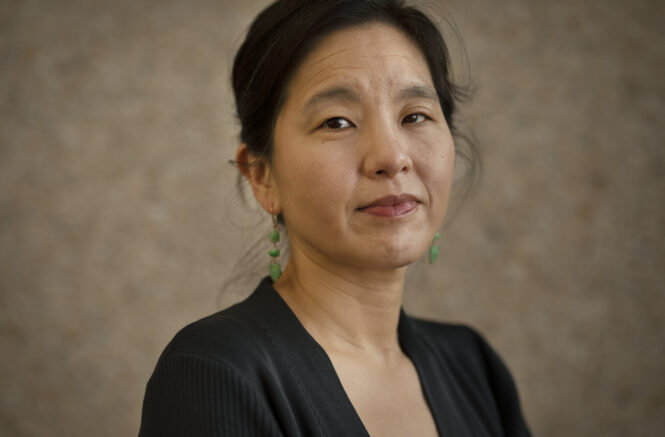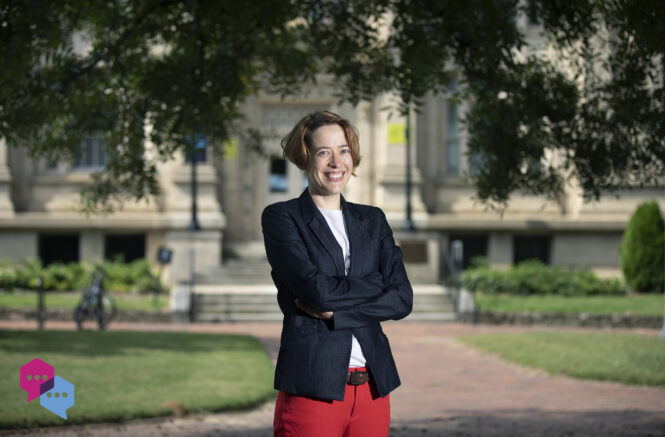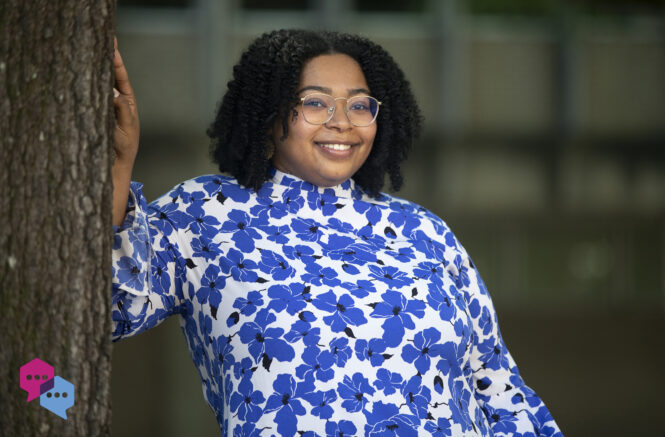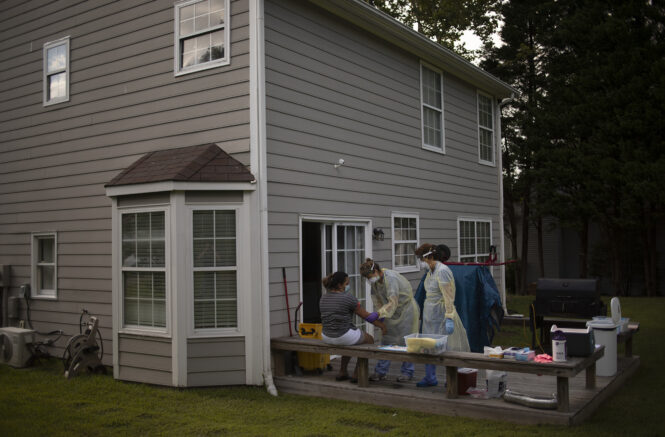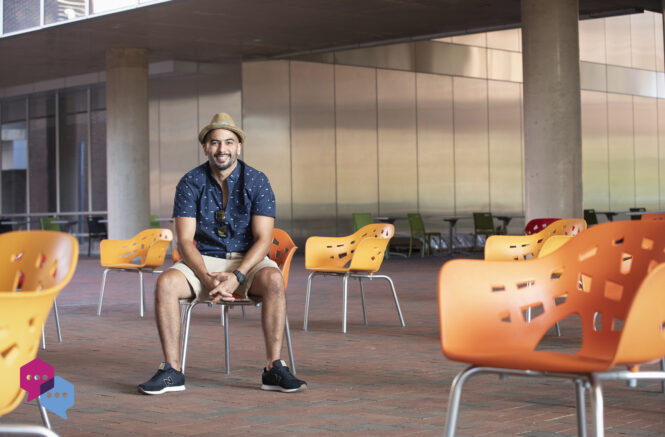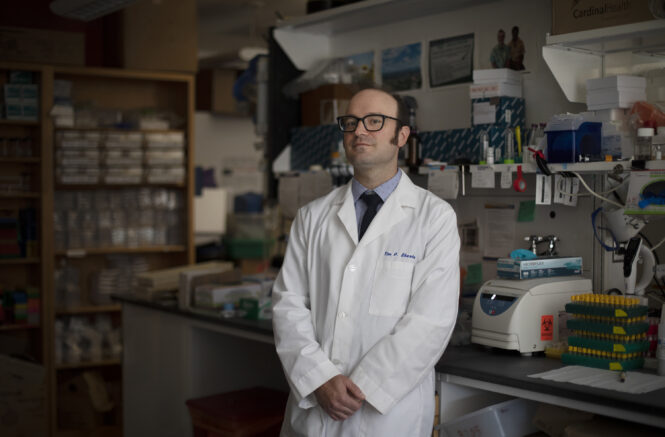Terence Johnson
Terence Johnson is a PhD student in the UNC School of Social Work and a student assistant in the Department of Social Medicine within the UNC School of Medicine. He researches how to create equity within the criminal justice system.
Mohit Bansal
Mohit Bansal is the John R. & Louise S. Parker Associate Professor in the Department of Computer Science within the UNC College of Arts & Sciences and a recipient of the 2020 Hettleman Award for Artistic and Scholarly Achievement. Through natural language processing and machine learning, he develops programs that help artificial intelligence technology understand and use human-like language.
Angela Smith
Angela Smith is an associate professor in the Department of Urology within the UNC School of Medicine and a recipient of the 2020 Hettleman Award for Artistic and Scholarly Achievement. She studies how to improve the lives of patients with bladder cancer by amplifying patient voices in research and clinical care.
William Sturkey
William Sturkey is an associate professor in the Department of History within the UNC College of Arts & Sciences and a recipient of the 2020 Hettleman Award for Artistic and Scholarly Achievement. He studies the history of race in the American South, with a focus on working-class, marginalized peoples. His book “Hattiesburg” is a biracial history of the Jim Crow era in Hattiesburg, Mississippi, which played a central role in the Civil Rights Movement.
The Synergistic Scientist
Doctor and surgeon. Researcher and teacher. Entrepreneur and mentor. Jen Jen Yeh takes on multiple roles at UNC — and she wouldn’t have it any other way. From treating a variety of cancers to developing a company for an innovative drug-delivering device, she succeeds across fields and strives to share this synergy with her colleagues and students.
Andrea Bohlman
Andrea Bohlman is an associate professor in the Department of Music within the UNC College of Arts & Sciences and a recipient of the 2020 Hettleman Award for Artistic and Scholarly Achievement. She explores the diverse music that permeates past and present cultures and why people use music during political movements.
Margarett McBride
Margarett McBride is a PhD student in the Department of Psychology and Neuroscience within the UNC College of Arts & Sciences. Her research focuses on how neighborhood contexts shape parenting and youth well-being in Black families.
Helping the Hardest Hit
While the novel coronavirus has affected us all, it has drastically changed the lives of specific groups of people, from rural populations to long-term care residents to communities of color. Startling statistics among these groups have pushed UNC researchers from a variety of disciplines into action.
Addressing Pandemic Problems
While COVID-19 has shaken the world, it has also pushed society to be more innovative and creative — two attributes that have been essential to the success of researchers at UNC. Carolina students, faculty, and staff are engaged in an abundance of projects, making UNC the most cited university in the nation for coronavirus research.
Esteban Agudo
Esteban Agudo is a PhD student in the Department of Biology within the UNC College of Arts & Sciences. He explores how temperature affects the feeding rates of organisms living on reefs and how this impacts ecosystems like the Galápagos Islands.
In Our Blood
In the last six months, researchers have engaged in countless studies to test therapies for treating COVID-19. Some have shown promise, but still nothing is a surefire solution. What if we are the answer? UNC experts from multiple fields are leading projects to understand how plasma and antibodies from people who contracted the virus might be used to prevent and slow the spread of the disease.
Carolina’s Coronavirus Lab
UNC virologists Timothy Sheahan and Ralph Baric have been working around the clock to develop new treatments and vaccines to fight the novel coronavirus. In this Q&A, Sheahan discusses current projects, new discoveries, and the challenges that come with studying a virus like SARS-CoV-2.



